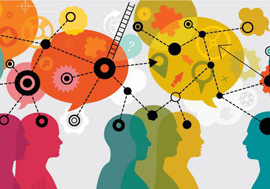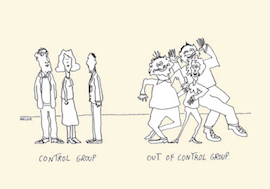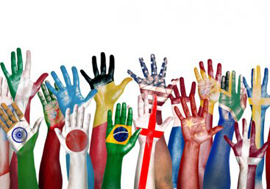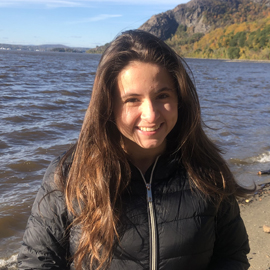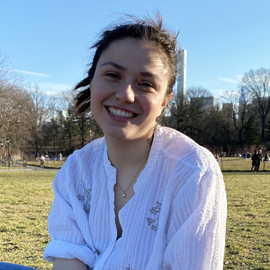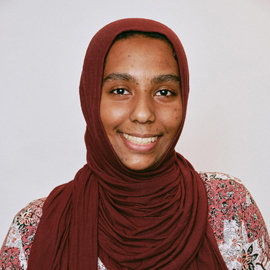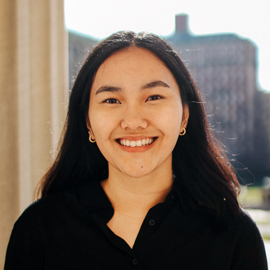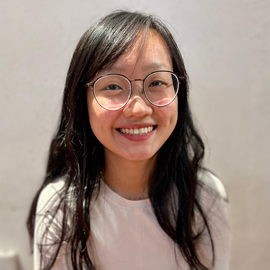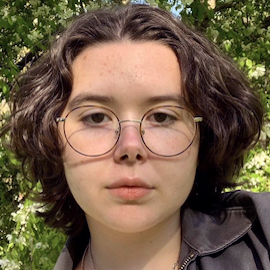Shelton, J. N., Turetsky, K. M., Park, Y., & Eikenburg, L. (in press).
Diverse friendships: Formation, maintenance, and benefits. In M. Hojjat and A. Moyer (Eds.), Modern relationships: The evolution of
romance, friendship, and family. Oxford University Press.
Park, H. J., Turetsky, K. M., Dahl, J. L., Pasek, M. H.,
Germano, A. L., Harper, J. O., Purdie-Greenaway, V., Cohen, G. L., & Cook, J. E. (2023).
Investigating cortisol in a STEM classroom: The association between cortisol and academic performance.
Personality and Social Psychology Bulletin. | pdf
Shelton, J. N., Turetsky, K. M., & Park, Y. (2023).
Responsiveness in interracial interactions. Current Opinion in Psychology, 50. |
pdf
Turetsky, K. M., Curley, J. P., Carter, A. B., & Purdie-Greenaway, V. (2023).
Explaining the gender gap in negotiations: Social network ties outweigh internal barriers. Journal of Social Issues, 79(1), 50-78. |
pdf | osf
Turetsky, K. M., Sinclair, S., Starck, J. G., & Shelton, J. N. (2021).
Beyond students: How teacher psychology shapes educational inequality. Trends in Cognitive Sciences, 25(8), 697-709. |
pdf
Turetsky, K. M., Purdie-Greenaway, V., Cook, J. E., Curley, J. P., and Cohen, G. L. (2020).
A psychological intervention strengthens students' social networks and promotes persistence in STEM. Science Advances, 6(45), 1-10. |
pdf | osf
Riddle, T. A., Turetsky, K. M., Bottesini, J. G.†, & Leach, C. W. (2020).
“What’s going on” in Ferguson? Online news frames of protest at the police killing of Michael Brown. Group Processes and Intergroup Relations, 23(6), 882-901.
[†undergraduate mentee] | pdf | osf
Purdie-Greenaway, V.*, and Turetsky, K. M.* (2020).
Socioecological diversity and inclusion: A framework for advancing diversity science.
Current Opinion in Psychology, 32, 171-176. [*first authorship shared] | pdf
Turetsky, K. M., and Sanderson, C. A. (2018).
Comparing educational interventions: Correcting misperceived norms improves college students’ mental health attitudes.
Journal of Applied Social Psychology, 48, 46-55. | pdf
Turetsky, K. M., and Riddle, T. A. (2018).
Porous chambers, echoes of valence and stereotypes: A network analysis of online news coverage interconnectedness following a nationally polarizing race-related event.
Social Psychological and Personality Science, 9, 163-175. | pdf | osf
Lee, M. M.†, Turetsky, K. M., and Spicer, J. (2017).
Cognitive, social, physiological, and neural mechanisms underlying self-affirmation: An integrative review.
Yale Review of Undergraduate Research in Psychology. [†undergraduate mentee] | pdf
Carbado, D. W., Turetsky, K. M., and Purdie-Vaughns, V. (2016).
Privileged or mismatched: The lose-lose position of African Americans in the affirmative action debate.
UCLA Law Review Discourse, 64, 174-229. | pdf
Turetsky, K. and Purdie-Vaughns, V. (2015).
What Science Has to Say About Affirmative Action.
Scientific American. | link




